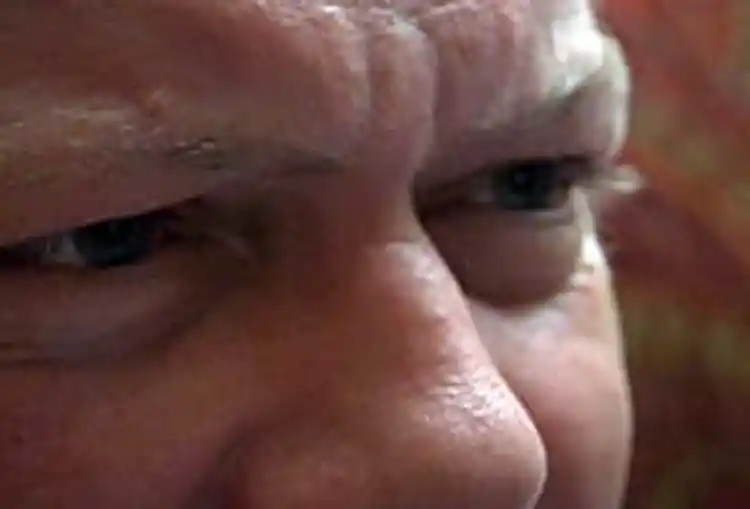The Stress and Depression Link

Hide Video Transcript
Video Transcript
Narrator
The grind of our fast-paced, frenetic lives may be doing more than stressing us… Charles Raison, M.D.
Stress is the primary inducer of most episodes of depression. Narrator
While some of us are able to shut out or cope with tension, others are genetically predisposed to react in a way that's makes them vulnerable to becoming depressed. Charles Raison, M.D.
If you're somebody who's had depression in the past or has depression, or comes from a family environment where there's a lot of depression floating around, then you're somebody's who's at risk for responding to psycho-social stress from the environment with depression. Narrator
More and more therapists are increasingly advising patients to unplug themselves from encounters that are likely to cause stress. Edward Rosensweig, PhD.
Turn off the media. You know, there's a hiatus there's a moratorium. We don't answer the phone, the TV's not going Narrator
There's compelling evidence that activities like tai chi and yoga, deep breathing, massage and meditation are helpful in reducing stress. In fact, there are a number of other creative strategies you can use to ward off stress-induced depression: A meaningful hobby like art or music can strike the right chord; Find a social outlet…a study tracking breast cancer patients found that those who attended weekly support groups lived twice as long as those who didn't; Keep a journal. Research shows writing down your feelings can reduce tension; Try cutting back on caffeine, alcohol and tobacco. And…. Exercise on a regular basis — it triggers chemicals in the brain that block stress. For WebMD, I'm Damon Meharg. 